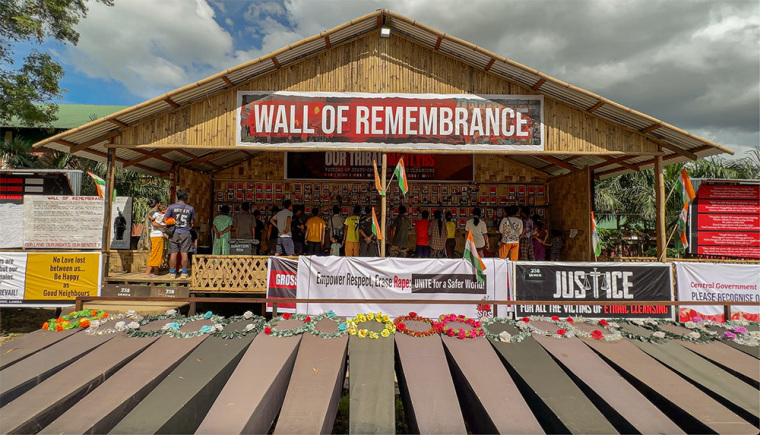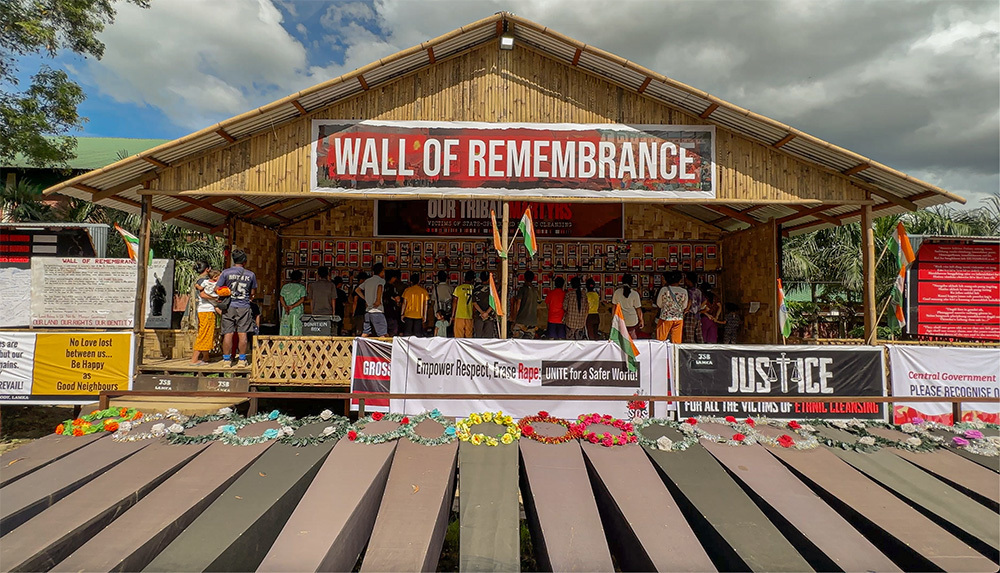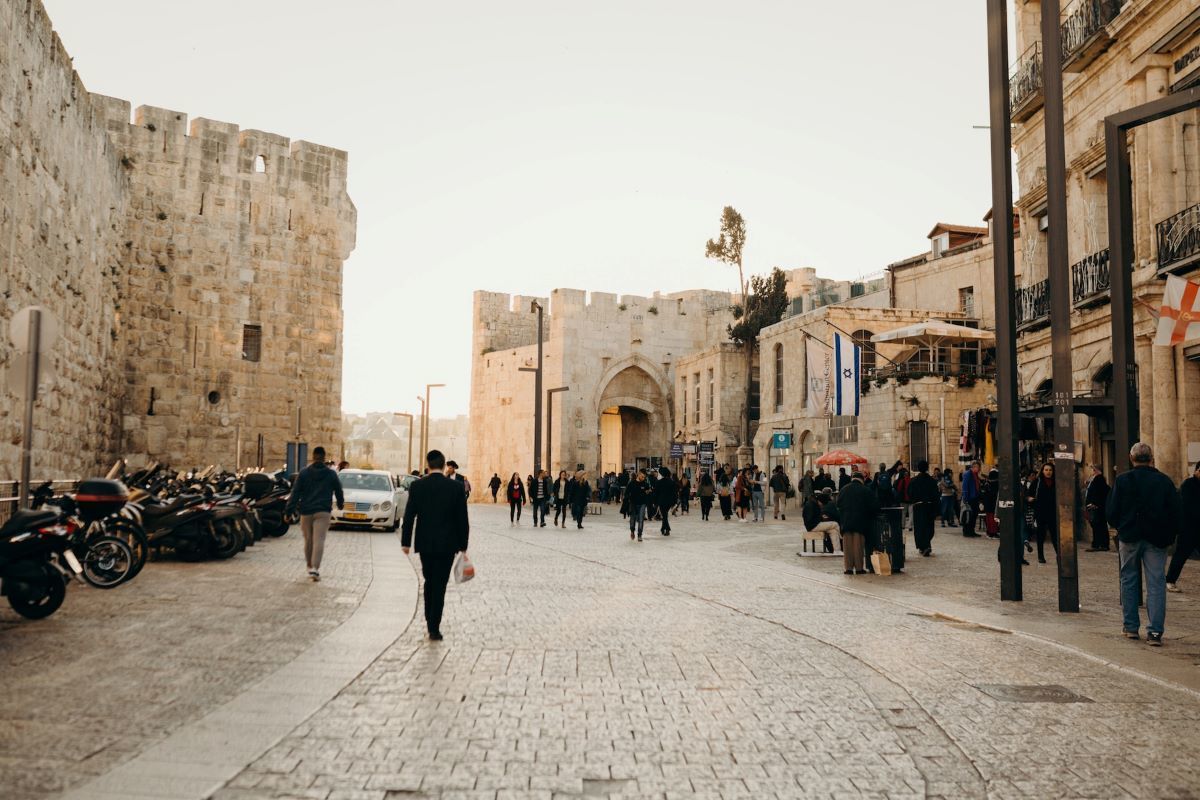
A tribal group representing the Christian Kuki-Zo community in the northeast Indian state of Manipur is preparing to hold a mass burial for victims killed in the ongoing ethnic violence, a decision that has ignited fresh tensions and more violence.
The Indigenous Tribal Leaders’ Forum had previously announced that the mass burial would take place on Aug. 3. However, it was postponed at the request of India’s interior minister, Amit Shah, a tribal leader told The Christian Post, adding that preparations were in progress, but the exact date of the burial had not yet been announced.
The earlier announcement ignited fresh tensions and violence, as the proposed site was located in a “buffer zone” between the Hindu Meitei-dominated Bishnupur district and Churachandpur district, where the Kuki-Zo Christians reside. The Manipur High Court also passed an order against the planned burial.
Following a request from the Ministry of Home Affairs and the intervention of Chief Minister Zoramthanga from the neighboring Mizoram state, the ITLF decided to postpone the mass burial, de-escalating a likely fresh confrontation between the Kuki and Meitei communities.
The ongoing ethnic violence in Manipur since May 3 has left at least 150 dead, over 300 injured, thousands of houses and churches destroyed, and displaced more than 50,000 people.
There are at least 87 bodies lying unclaimed in hospitals in Imphal and Churachandpur. Many families have been unable to collect the bodies of their loved ones due to fear of attacks, while others wanted to keep the bodies without burial as a mark of protest.
Tribal leaders from Manipur recently traveled to Delhi to meet with Union Home Minister Shah. After the meeting, they announced that an alternative location would be finalized for the burial of bodies belonging to the Kuki-Zo community, who were victims of ethnic violence.
The ITLF put forth five demands, including the legalization of the burial site, non-deployment of Meitei state security forces in Kuki-Zo areas, return of bodies of Kuki victims lying in two hospitals in Imphal, Kuki-Zo areas’ “total separation from Manipur,” and the transfer of tribal jail inmates lodged in prisons in Imphal to other states.
Although 130 people from the Kuki-Zo community have been killed, the bodies of only 35 victims are in hospitals in Churachandpur. Dozens of bodies are lying in hospitals in the Meitei-dominated Imphal area, where the majority of the Kuki-Zo victims were killed.
The tribal leader told CP that the mass burial might take longer than two weeks to conduct. They are waiting for the bodies lying in Imphal to be transported to Churachandpur, he said.
The violence erupted in early May following a controversial court order for the state to consider extending special economic benefits and quotas, previously reserved for the tribal Kuki-Zo people to the Meitei population. It would also give the Meiteis the right to buy land in the hills where the Kuki-Zo people live.
The conflict in Manipur, a state bordering Myanmar and home to 3.2 million people, has escalated into a national security crisis.
Analysts warn that the conflict could spread beyond Manipur due to the Kuki-Zo community’s ethnic ties with groups in the Indian state of Mizoram, Myanmar and Bangladesh. The Naga tribal community, Manipur’s second-largest ethnic group, has remained neutral but has expressed concerns about being dragged into the conflict.
The government has deployed about 50,000 soldiers, armed police and other security personnel to enforce buffer zones between the warring communities. Despite these measures, mobs have looted more than 4,000 weapons and half a million rounds of ammunition from police in Manipur, according to official estimates.
Last month, the European Parliament passed a resolution urging the Indian government to urgently restore peace in Manipur.
“There have been concerns about politically motivated, divisive policies promoting Hindu majoritarianism, and about an increase in activity by militant groups,” the resolution stated. There are also “accounts of partisan involvement by security forces in the killings have increased distrust in the authorities.”
Kuki-Zo leaders have accused the state police, their commandos, and the India Reserve Battalion of attacking Christian tribals along with Meitei extremist groups Arambai Tenggol and Meitei Leepun.
Free Religious Freedom Updates
Join thousands of others to get the FREEDOM POST newsletter for free, sent twice a week from The Christian Post.




























![[Video] More – Aghogho » GospelHotspot](https://gospelhotspot.net/wp-content/uploads/2024/04/More-Aghogho.jpeg)
















